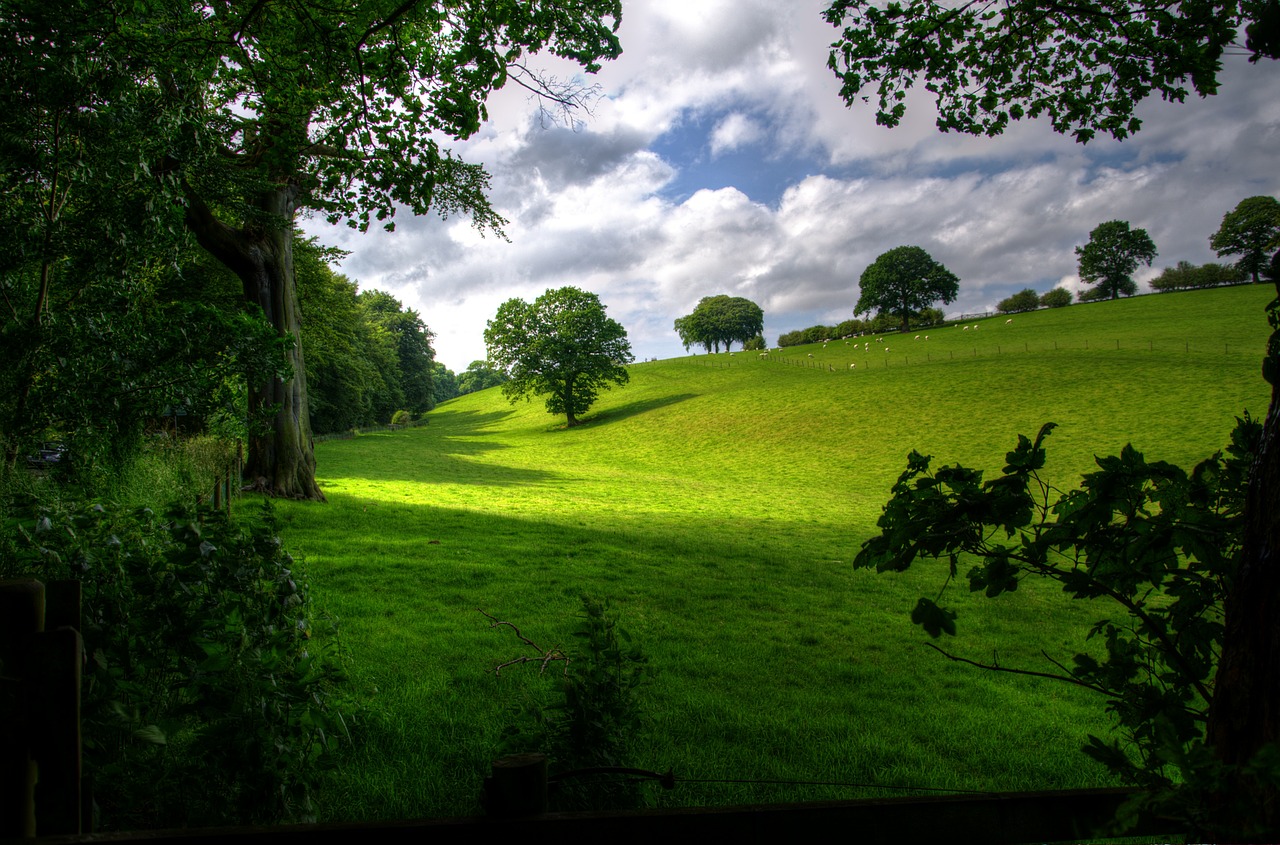Focal point
Location
Mission
Our mission is to build a fairer, more sustainable world, using evidence, action and influence in partnership with others.
Who we are
IIED is one of the world’s most influential international development and environment policy research organisations. Founded in 1971 by economist Barbara Ward, who forged the concept and cause of sustainable development, we work with partners on five continents. We build bridges between policy and practice, rich and poor communities, the government and private sector, and across diverse interest groups. We contribute to many international policy processes and frameworks, including the Intergovernmental Panel on Climate Change, the Millennium Ecosystem Assessment and the UN conventions on climate change and biological diversity.
What we do
IIED carries out research, advice and advocacy work. We carry out action research — generating robust evidence and know-how that is informed by a practical perspective acquired through hands-on research with grassroots partners — and we publish in journals and maintain high research standards. We advise government, business and development agencies, and we argue for changes in public policy. We focus on bottom-up solutions, stay open to flexible, adaptable solutions and are marked by a tradition of challenging conventional wisdom through original thinking.
Resources
Displaying 86 - 90 of 367Analyse des systèmes de production du périmètre irrigué de Bagré (Burkina Faso)
Le développement de l’irrigation fait partie des stratégies prioritaires dans les pays du Sahel pour lutter contre la pauvreté et l’insécurité alimentaire. À l’heure où les gouvernements s’engagent, une fois de plus, à augmenter les superficies irrigables, il a semblé pertinent d’analyser, conformément aux lignes directrices de la CEDEAO, les résultats obtenus sur des grands périmètres aménagés dans les années 80 et 90 afin d’en tirer les leçons pour les aménagements futurs.
Analysis of the productive systems in the Bagré irrigation scheme (Burkina Faso)
The development of irrigation is one of the priority strategies in the Sahel countries to tackle poverty and food insecurity. At a time when governments are once again committing to increase irrigable areas, it seemed relevant to analyze, in line with the ECOWAS guidelines, the results achieved in large irrigated schemes developed in the 1980s and 1990s to draw lessons for future developments.
Opportunités et défis d’une approche par les communs de la terre et des ressources qu’elle porte
Date : 2017
Manuel pour l’expropriation pour cause d’utilité publique et la compensation des terres et des ressources naturelles en République de Guinée
Date: 2017
Source: Foncier & Développement
Par: Ministère de la Ville et de l’Aménagement du Territoire de Guinée | IIED / IUCN / INSUCO
Irrigation, sécurité alimentaire et pauvreté – Leçons tirées de trois grands barrages en Afrique de l’Ouest
Date: Septembre 2017
Source: Foncier & Développement
Par: Frédéric Bazin, Ibrahima Hathie, Jamie Skinner, Jérôme Koundouno
Ce nouveau rapport GWI synthétise les résultats de quatre années de recherches sur trois barrages et périmètres rizicoles existants : Sélingué au Mali, Bagré au Burkina Faso et Anambé au Sénégal.





